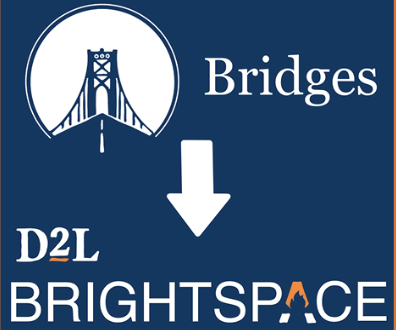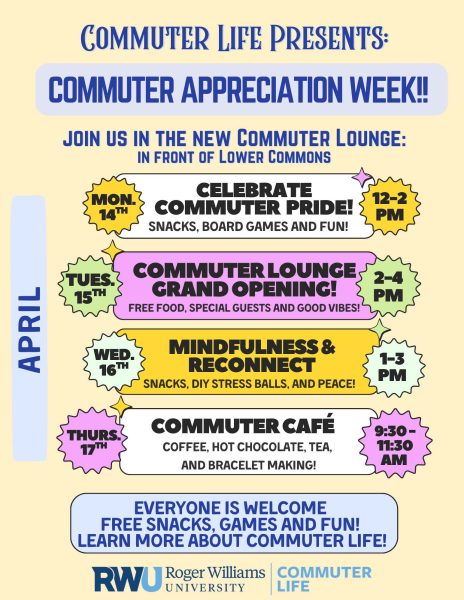Planning process in place to update Core Curriculum
There may be changes coming to the university’s Core Curriculum, according to President Miaoulis and Associate Dean of General Education Jason Jacobs. Jacobs said the curriculum itself is outdated, originating from the 1990s. Although it was considered groundbreaking at the time, he and Miaoulis recognize that updates are necessary.
Miaoulis explained there is currently a planning process in place, with different teams that are working on potential updates for the curriculum.
“This year we have started an action planning process. We have a number of teams that include students as well [as]… [an] implementation plan of strategies that were actually developed in the past, that have not been implemented in the school,” Miaoulis said.
Miaoulis proposed some of his own ideas as well. He suggested an emphasis on technology within the core science course, more flexibility for the humanities and increased enforcement of studying a second language. He also suggested adding education on math used in everyday life, such as that used within personal finances.
Jacobs said policy changes allowing the possibility of other classes to count for the five core classes have already occurred. Now the faculty must work to propose and determine what classes will do so.
This semester, an alternate course ran that counted toward a core class for the first time. Asia 100 (Introduction to East Asia Studies) counted for Core 104 (Literature, Philosophy and the Examined Life). Jacobs hopes to see an increase in these possibilities next year.
Originally, the core classes were created with a common syllabi, meaning the classes themselves were taught similarly.
The university has since developed learning outcomes that are shared between classes, essentially working to answer what students will take away from the class. This allows more flexibility within the classes themselves. Another big change that has occurred is that the core classes could originally only be taught by full-time faculty. Now, they are increasingly taught by part-time faculty.
Jacobs plans on updating the Core Classes page on the university website, so that it includes information about each professor and how they teach their core class. He hopes students will go there first to choose the specific classes and learning paths that spark their interest, rather than choosing them blindly based on times.
Many students have expressed dislike toward one or more of the five main core classes. Jacobs recognized this and said he understands students are more likely to have negative feelings toward something required, especially if they did not choose to take it. This is one reason why he hopes to allow more flexibility within the curriculum, to help excite students about their classes.
“It’s very clear to me that the way we should react to the negative feelings among students is not to say ‘well, we are going to back down from the commitment to the liberal arts.’ Rather, we say ‘we need to improve the teaching and persuade students, give them reasons to rethink their positions,’” Jacobs said.
Junior transfer student Maggie Siebert expressed her frustrations, as none of her previous classes from other schools transferred over and counted for the Core Curriculum here at RWU. This inconvenience required her to take extra classes that she felt put her behind academically.
“I had to take extra classes and I was already behind on my major. So it set me back… it prevented me from taking classes I could have gotten ahead in and graduated way earlier,” Siebert said.
Jacobs recognized that the issues within the Core Curriculum disadvantage transfer students. He said what they have already learned should be recognized and they should not have to repeat things, as it poses an economic injustice. In order to minimize these issues, he hopes the faculty continues to work on determining which outside classes cover the learning outcomes at RWU.




